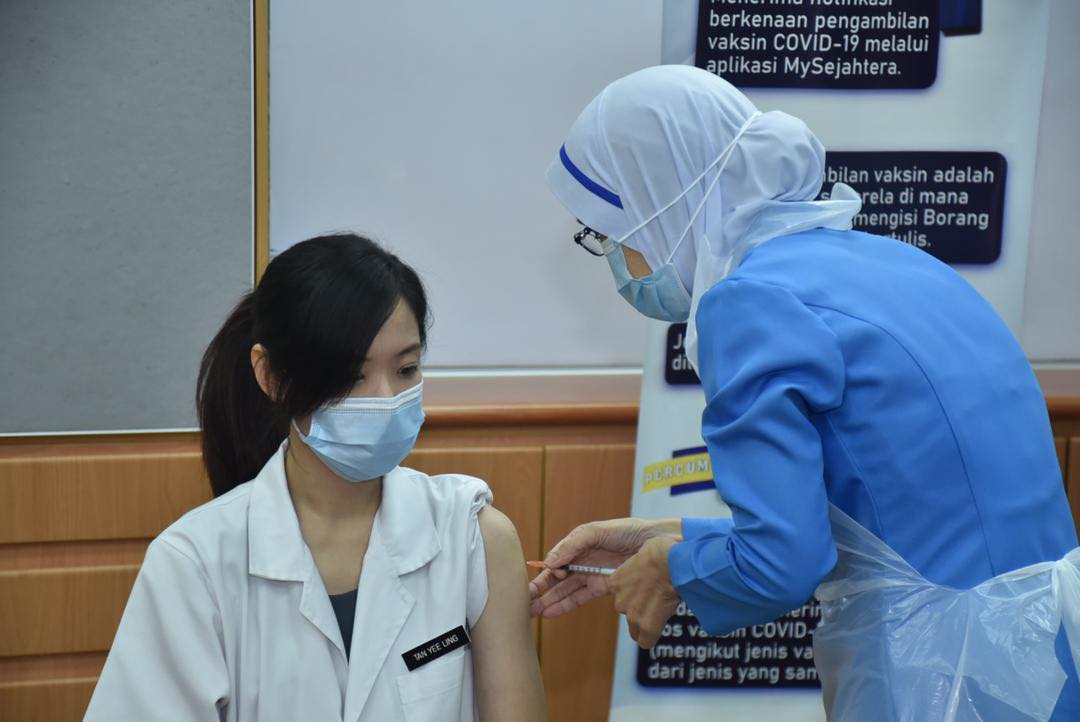KUALA LUMPUR, April 5 — Over 4,000 frontline workers in Perak will get new appointments for their second Covid-19 shot five to seven days later than original dates due to delayed vaccine delivery, said the Ministry of Health.
Perak state health department director Dr Ding Lay Ming explained that the five-to-seven day delay of the second Pfizer-BioNTech vaccine dosage for an estimated 4,187 recipients originally scheduled from April 6 to 8 — within 21 days from the first dose — still followed international guidance.
The United States’ Centers for Disease Control and Prevention (CDC) updated its guidance last March 5, saying that if it was not feasible to adhere to the recommended 21-day interval for the Pfizer-BioNTech vaccine, the second dose of the mRNA vaccine may be administered up to six weeks (42 days) after the first dose.
“We’re trying to mobilise more vaccines from other centres to minimise the number of people who need to be given new appointments,” Dr Ding told CodeBlue.
She attributed the slight postponement in vaccination to the shipment delay of one batch of Pfizer’s Covid-19 vaccine due to Easter break in Europe, adding that Perak has received six shipments so far.
Dr Ding said Perak implements a vaccination strategy of administering Covid-19 shots as fast as possible once the vaccine is at hand.
As of April 3, Perak has given at least the first dose of the Covid-19 vaccine to 50,334 people, including 29,412 who have been completely inoculated. The northern state has completely vaccinated the second highest number of individuals in the country, behind Selangor. Most frontline workers listed in the first phase of the National Covid-19 Immunisation Programme (PICK) received the Pfizer-BioNTech shot, a two-dose regimen.
Health Minister Dr Adham Baba told CodeBlue that Malaysia has already received about a million doses of the Pfizer-BioNTech vaccine to date, but denied any delay in the international shipments.
“For the one million Pfizer doses, there was no delay, just that Perak requested for additional vaccines,” he said.
The federal Covid-19 Immunisation Task Force (CITF) does not publish statistics on the number of Covid-19 vaccine doses that are distributed to various states, making it difficult to know if vaccine deliveries match up or fall short from demand in certain states, particularly those that quickly get the shots into people’s arms.








